-Audrey Sage

Lelia Judson Tuttle was born in 1878 in Caldwell County, North Carolina, where she grew up on the family farm. She graduated from the State Normal and Industrial College (now UNCG) in 1900, and did postgraduate work in English at the State Normal before receiving her Master of Arts degree in English from Columbia University in New York.
From 1902 to 1904, Tuttle taught English and History at Davenport College in Lenoir, North Carolina. She then decided to pursue missionary work and prepared at the Scarritt Bible Training School in Kansas City. In 1910, she set sail for China, where she was appointed chair of English literature at the McTyeire Institute in Shanghai. She remained there until 1926, when she transferred to Soochow University, to serve as Dean of Women as well as professor of English and history. Tuttle worked in China until 1942, when World War II necessitated her departure.
Upon her return to the States, Tuttle bought a house near her old home in Caldwell County, and remained busy giving talks to local churches, clubs, and schools. In 1956, she deeded 160 acres of land she had inherited from her father to the Tuttle Forest Foundation; the Tuttle State Forest is now used by the North Carolina Forest Service as an Educational State Forest. Lelia Tuttle passed away in 1967.
Within the Tuttle collection are personal items, including a dress, cape, and bonnet, which all required cleaning and preparation for archival storage and safekeeping.
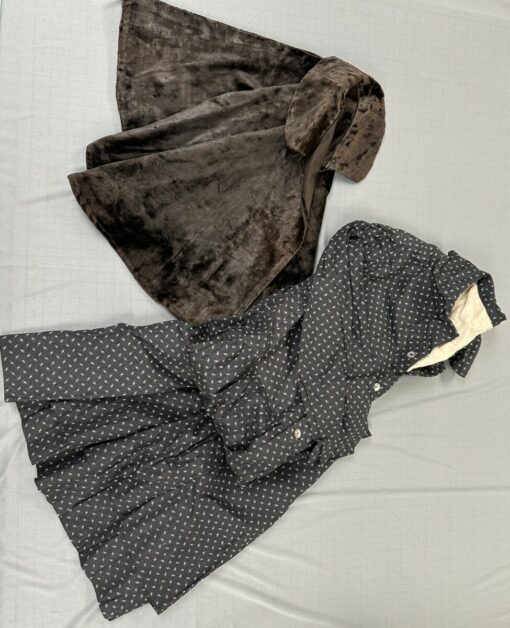
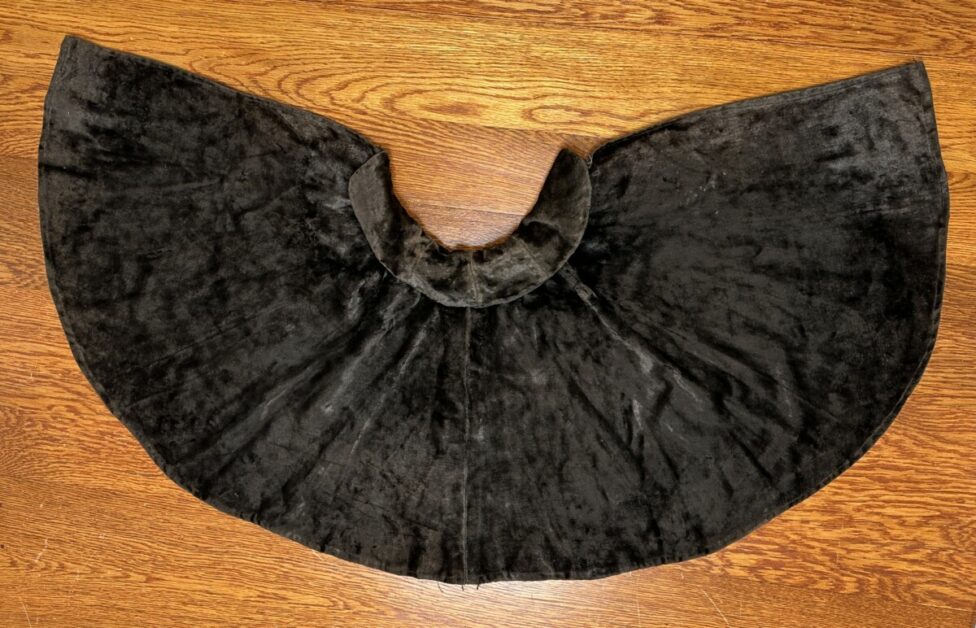
Having been stored for a period of time, there were signs of insect casings, dirt, dust, and general wear from use. The bonnet is an interesting historical artifact that illustrates hand stitching and mends, along with the board structure that provides the brim of the bonnet with rigidity and depth.
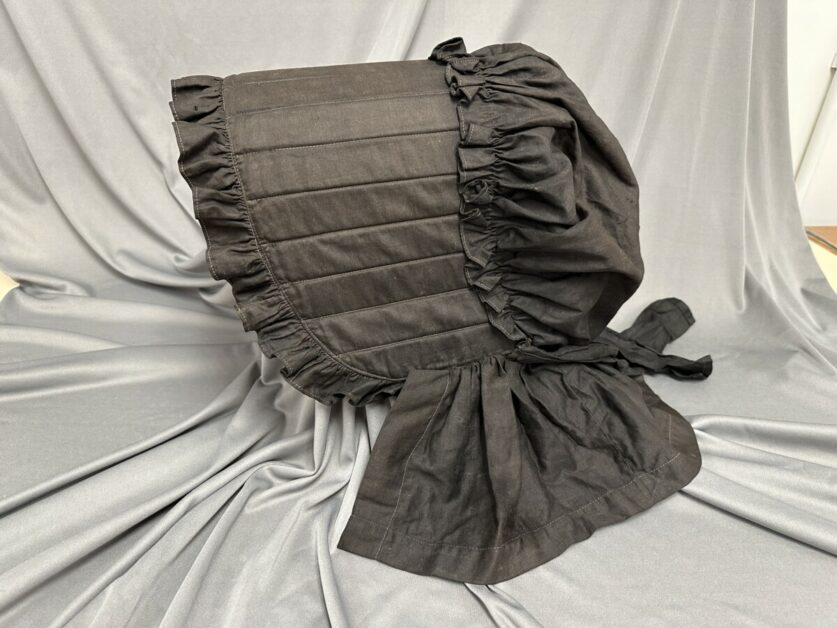
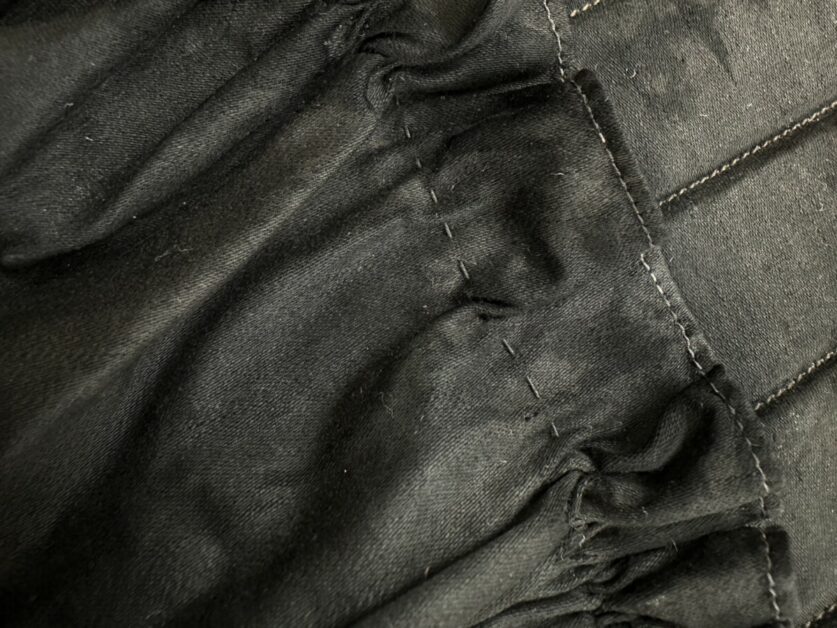
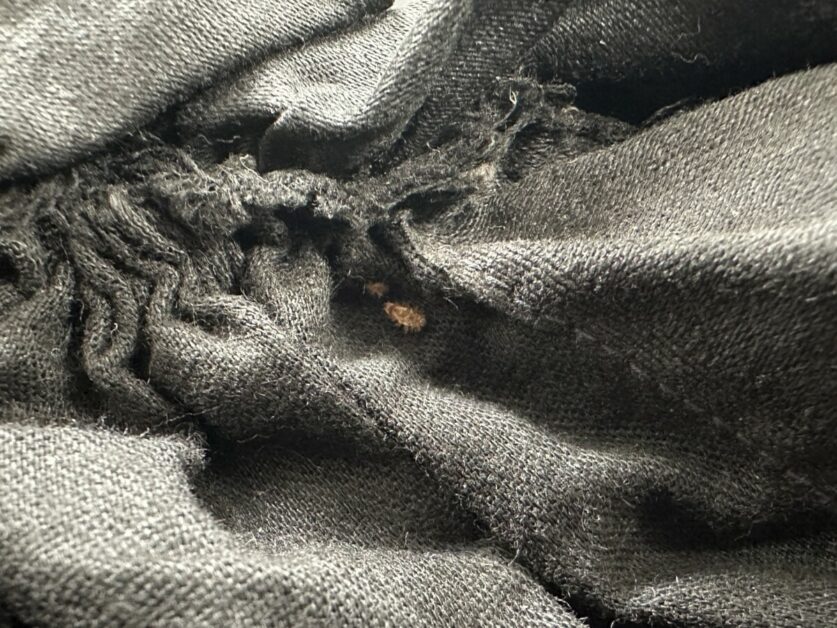
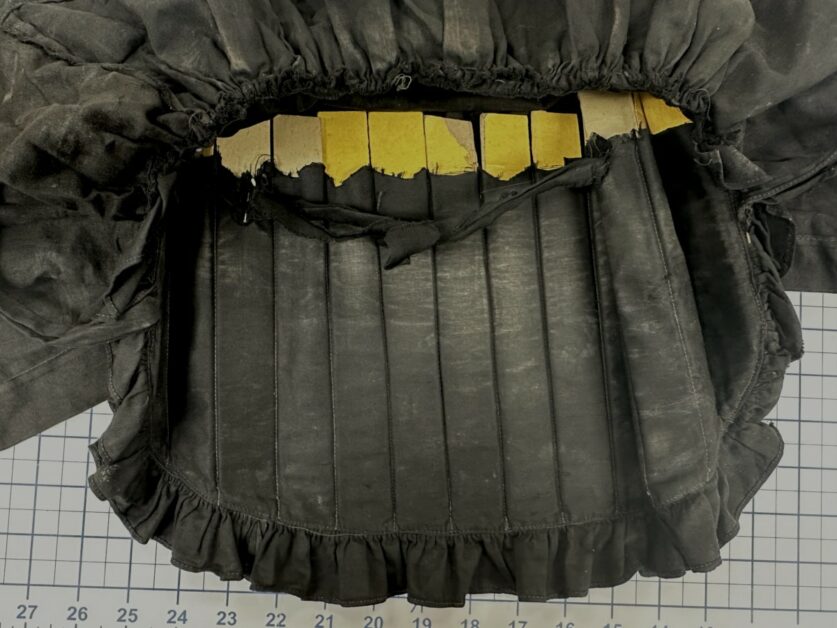
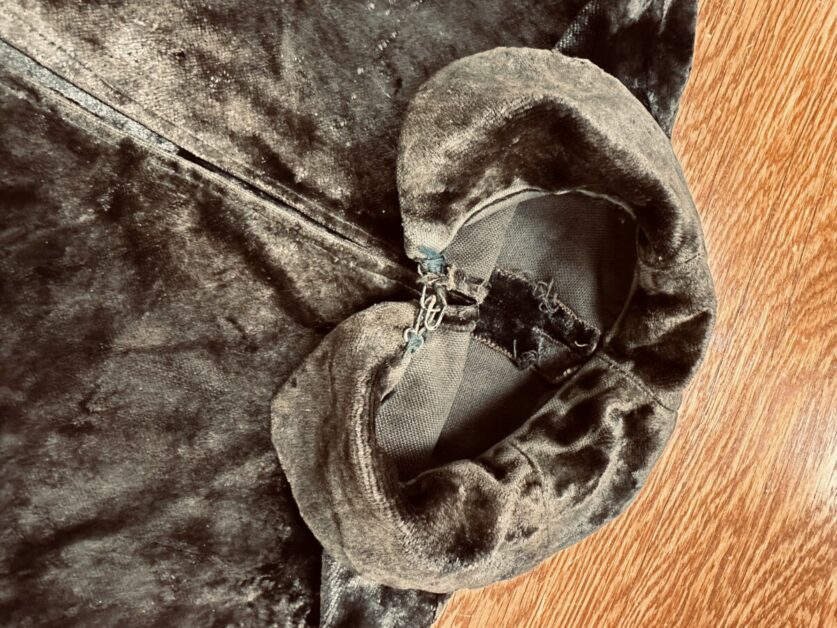
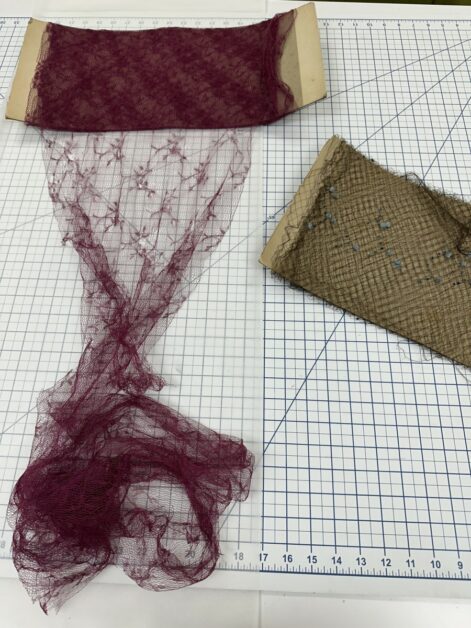
Also among her personal items are two delicate lengths of lace netting which were still wound around their original cardboard. These have been carefully cleaned, untangled, and contained to protect their fragility.
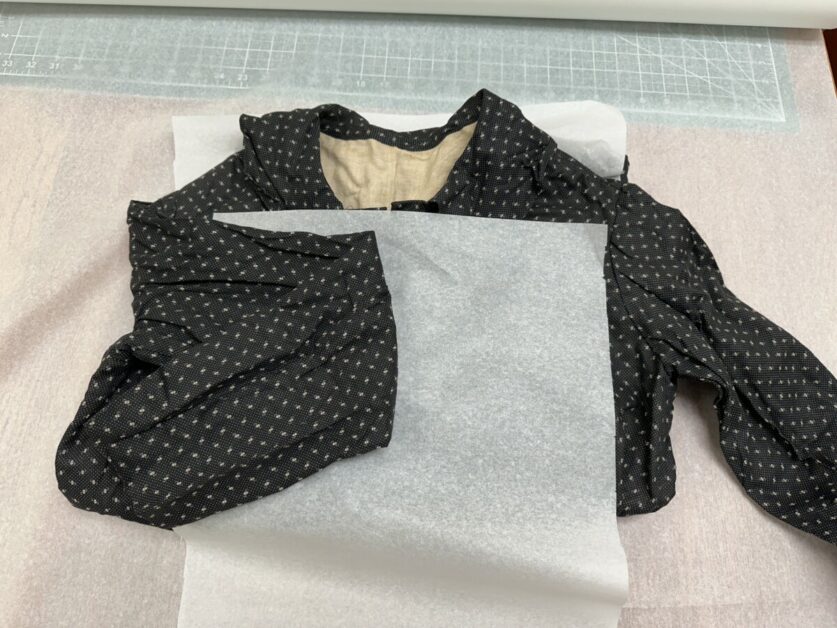
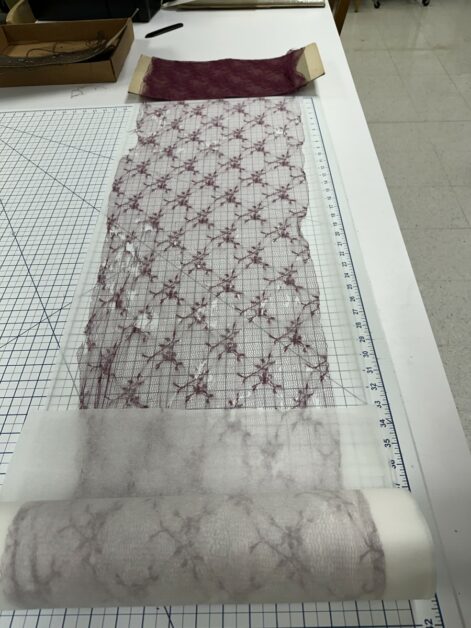
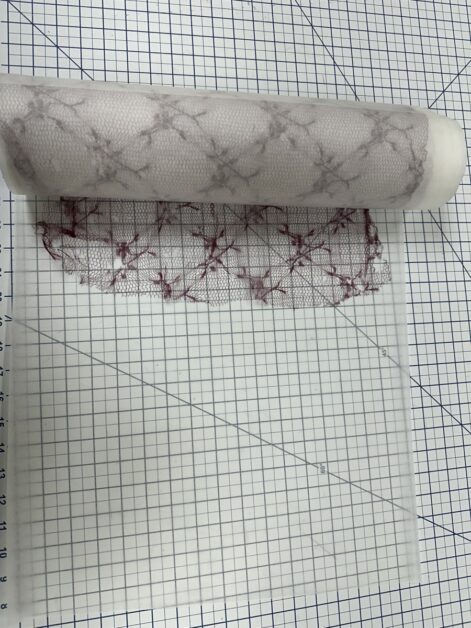
These textiles are carefully stored in protective tissue and housed in a custom built archival box, which will shield these items from environmental hazards such as light, temperature shifts, dust, and limit harmful handling.
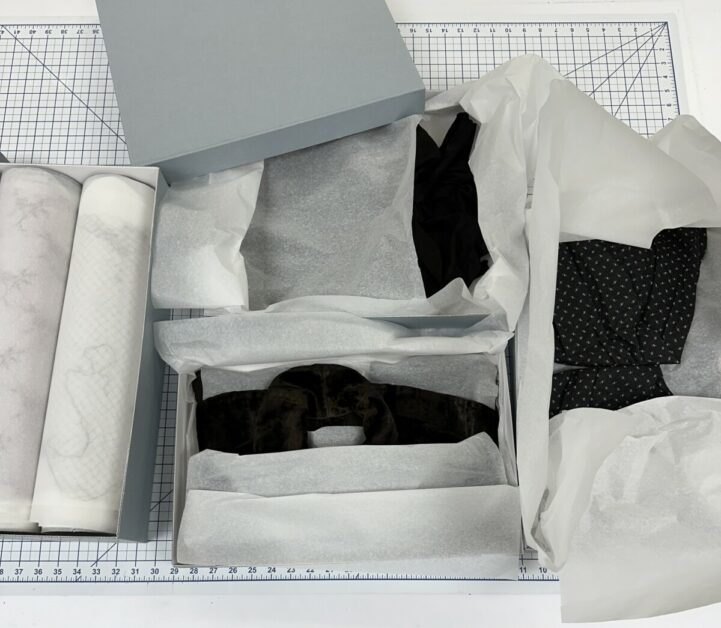
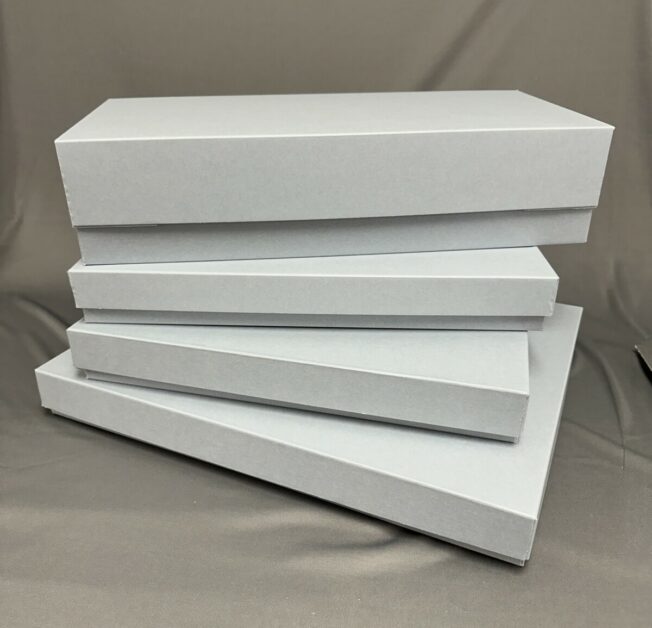
The Lelia Judson Tuttle Papers and Chinese Artifacts date from 1834 to 2005, with the bulk of materials dating from the late 1800s to the 1960s, and contain clippings, correspondence, photographs, writings, artifacts and books that mainly document Tuttle’s time in China and her interest in Chinese culture and art, as well as the history of the Tuttle family.
The biographical materials include clippings related to Tuttle’s life, work and family; personal narratives written by Tuttle and others’ writings about her; family documents; and materials relating to the Tuttle Educational State Forest. Correspondence is also included, mainly between Tuttle and her family, documenting her experiences and her passion for her work while also expressing her sadness at being separated from them. Tuttle also collected some correspondence from other missionaries. Finally, photographs feature Tuttle in China; the Tuttle family homeplace, Glen Serene Farm, in Lenoir, North Carolina; and some family events and gravestones.
Artifacts in the collection include 148 art items ranging from porcelain bowls to cloth dolls to brass incense burners to silver and coral chopsticks. The books are mainly illustrated, hardcover reference books on Chinese and Japanese history, culture and art.
Anne Wallace says:
Beautiful showcasing both of Tuttle’s extraordinary life and of the process of conserving her delicate legacy. Thanks for this fascinating story!